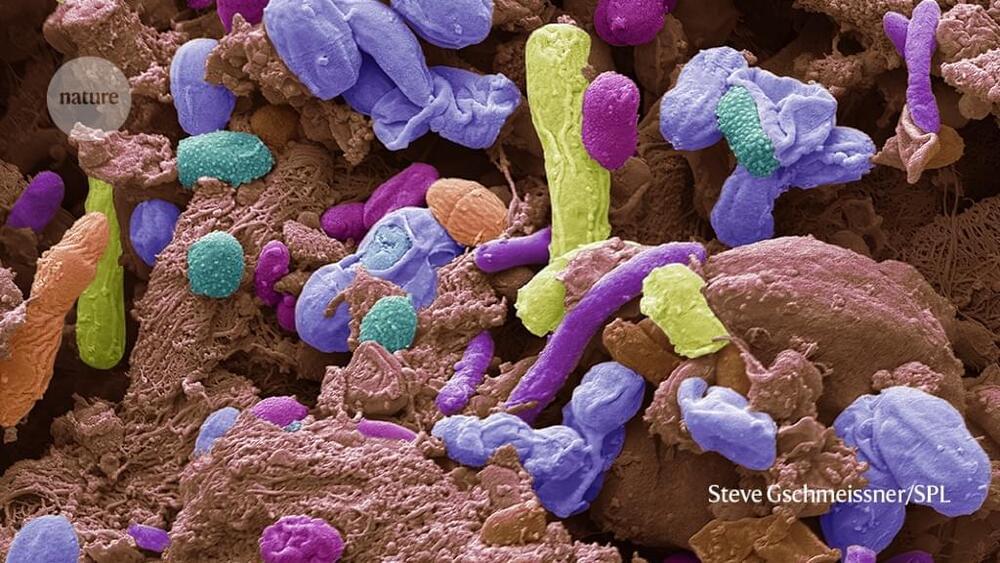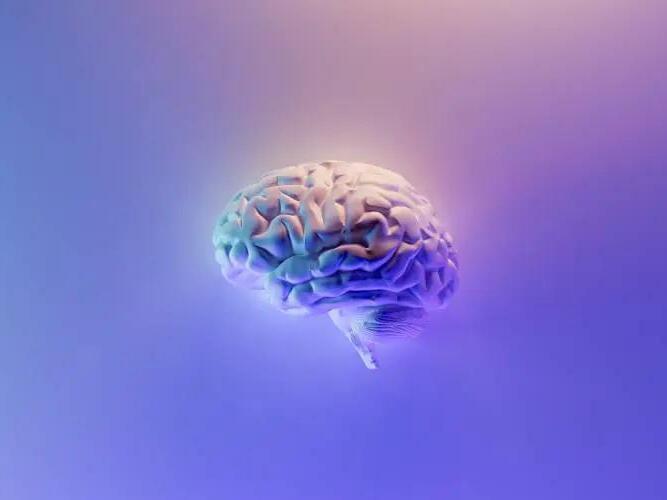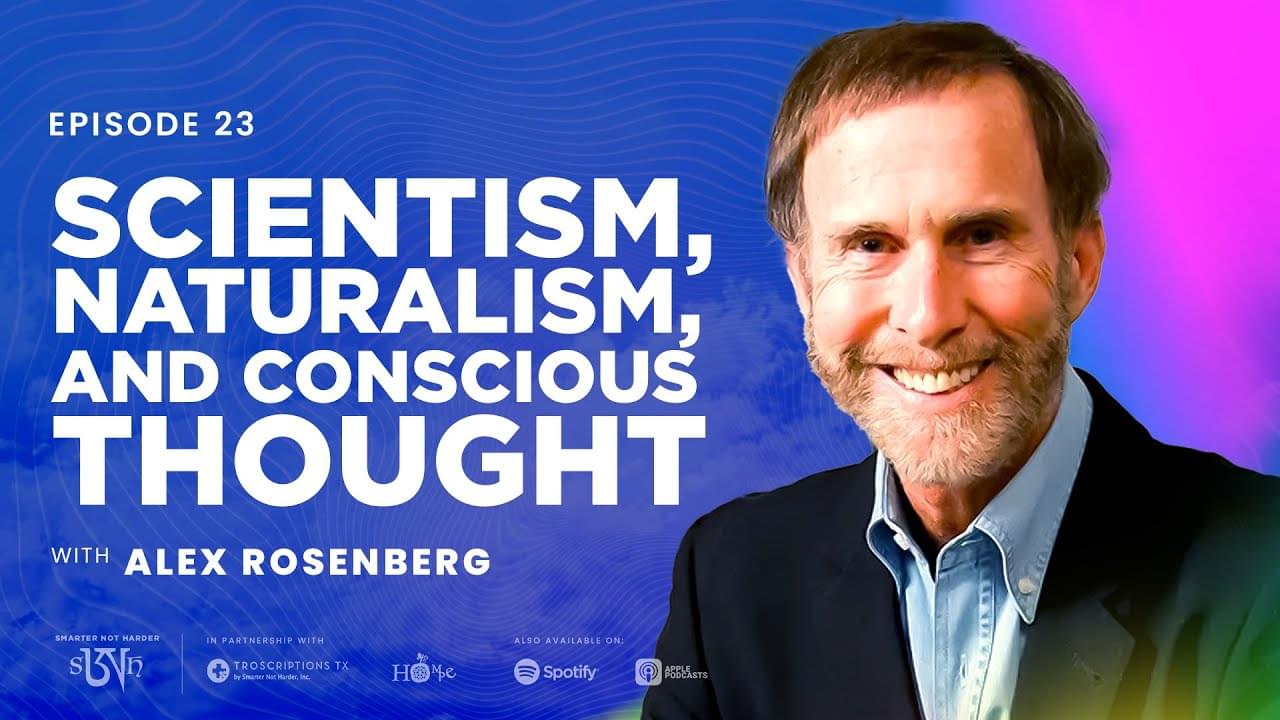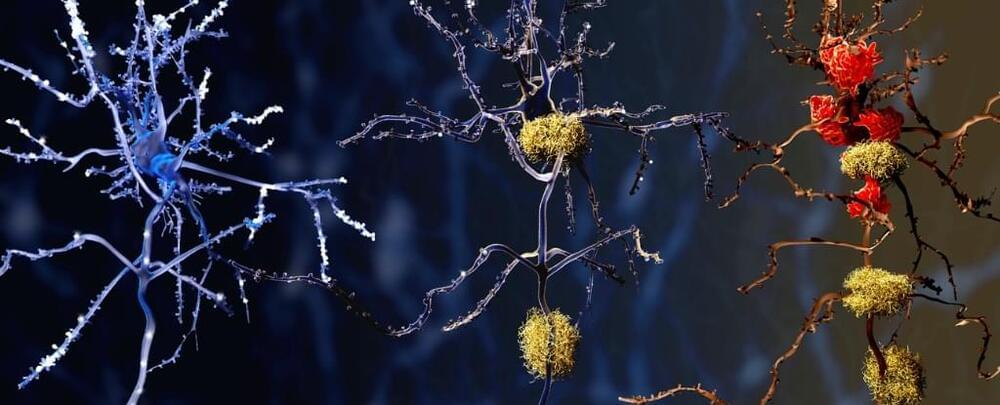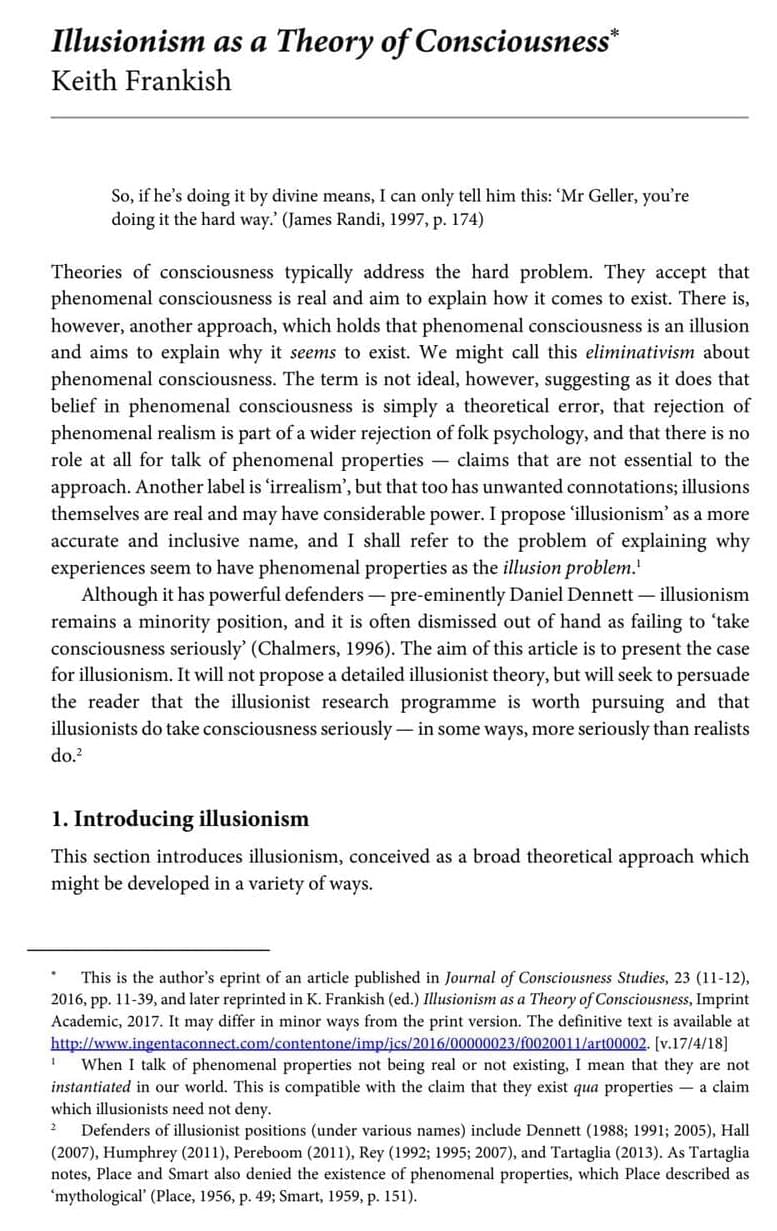Dec 20, 2023
Kids with Cats have more than Double the Risk of Developing Schizophrenia, researchers find
Posted by Natalie Chan in category: neuroscience
Researchers at The Park Center for Mental Health, Australia, have added to the growing body of evidence that cat ownership is a major risk factor for schizophrenia and quantified the risk at more than double. In a paper, “Cat Ownership and Schizophrenia-Related Disorders and Psychotic-Like Experiences: A Systematic Review and Meta-Analysis,” published in Schizophrenia Bulletin, the team details the connections between youth cat ownership and later-in-life schizophrenia-related diagnosis.
The researchers conducted an extensive study search across various databases and gray literature from January 1, 1980, to May 30, 2023, without geographical or language limitations. They included studies reporting original data on cat ownership and schizophrenia-related outcomes. Out of 1,915 identified studies, 17 were used from 11 different countries.
Cat ownership was associated with an increased risk of schizophrenia-related disorders. The unadjusted pooled odds ratio (OR) was 2.35, and the adjusted estimate was 2.24, indicating an over twofold increase in the odds of developing schizophrenia-related disorders among all individuals exposed to cats.

